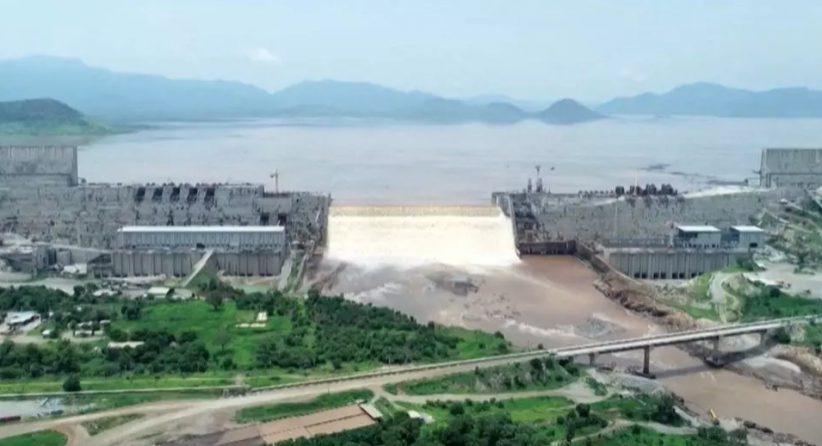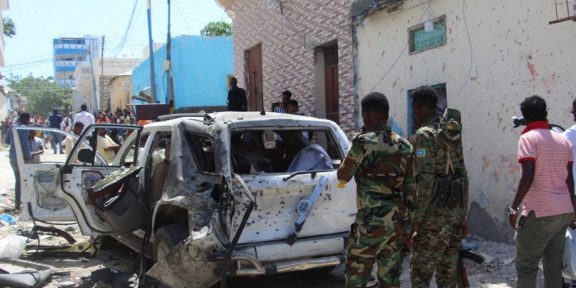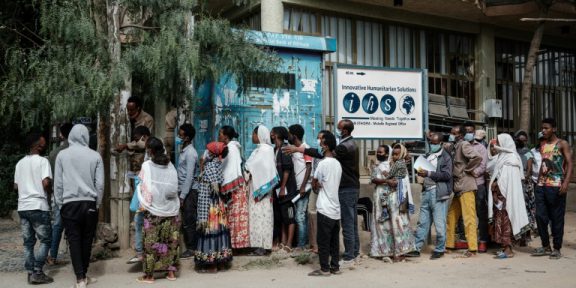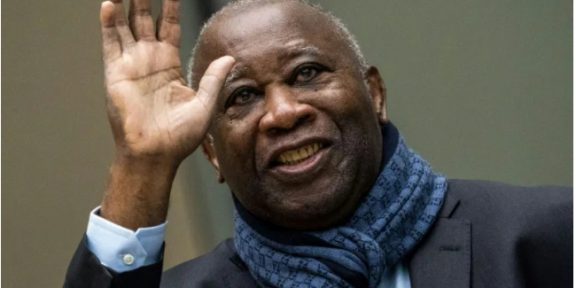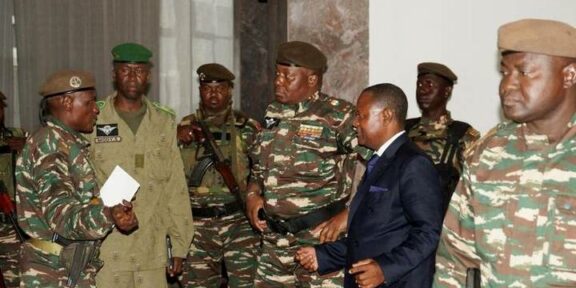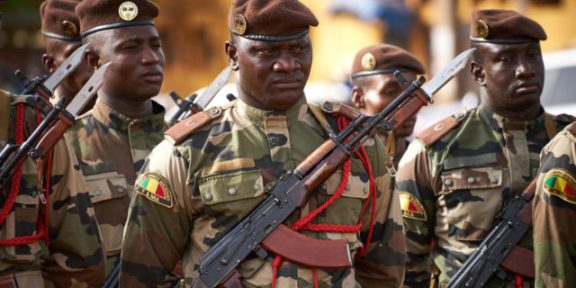Foreign ministers from Egypt, Ethiopia and Sudan held talks in Kinshasa on Sunday over Addis Ababa’s contested giant dam on the Nile, seen as vital by Ethiopia and a threat by downstream Egypt and Sudan.
“These negotiations represent the last chance that the three countries must seize to reach an accord,” Egypt’s Foreign Minister Sameh Shoukry told Egyptian media.
He said the accord should allow the Grand Ethiopian Renaissance Dam (GERD) to be filled in time to begin operations in the coming months, before the next rains.
The dispute over the GERD, built across the Blue Nile, has been simmering for around a decade.
Democratic Republic of Congo President Felix Tshisekedi, who became chairman of the African Union in February, urged the foreign ministers as he opened the talks “to launch a new dynamic”.
“I ask you all to make a fresh start, to open one or several windows of hope, to seize every opportunity,” he said.
He welcomed the willingness of the participants “to seek African solutions for African problems together”.
Egypt and Sudan this month called on Kinshasa to steer efforts to relaunch negotiations on the contested dam.
For Tshisekedi, “The human dimension must be at the heart of these tripartite negotiations.”
The people of all three countries have a right to water, food and health, he stressed.
The US ambassador to DR Congo, Mike Hammer, attended the start of the talks, which were set to wrap up on Monday.
The Nile, the world’s longest river, is a lifeline supplying both water and electricity to the 10 countries it crosses.
Upstream Ethiopia says hydroelectric power produced by the GERD will be vital to meet the energy needs of its 110 million people.
Egypt, which depends on the Nile for about 97 percent of its irrigation and drinking water, sees the dam as an existential threat.
Sudan, also downstream, fears its own dams will be compromised if Ethiopia proceeds with filling the GERD before a deal is reached.
Last Tuesday, Egyptian President Abdel Fattah al-Sisi stressed his country’s concerns, warning, “Nobody will be permitted to take a single drop of Egypt’s water, otherwise the region will fall into unimaginable instability.”
Source: France24

